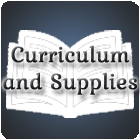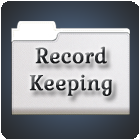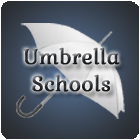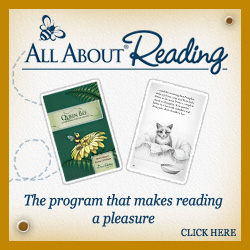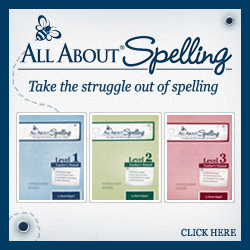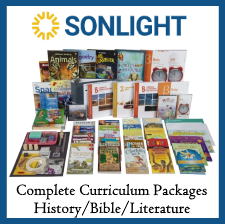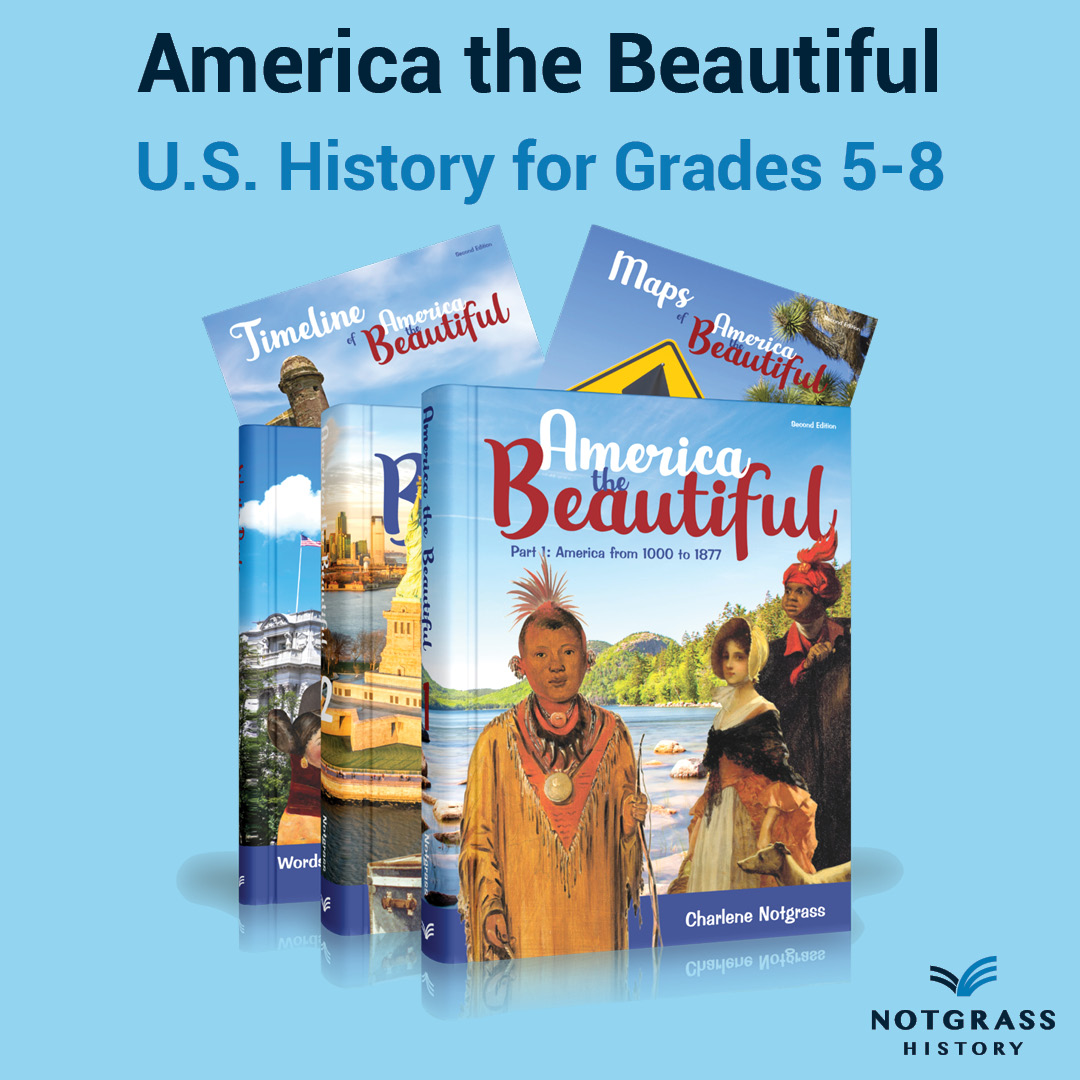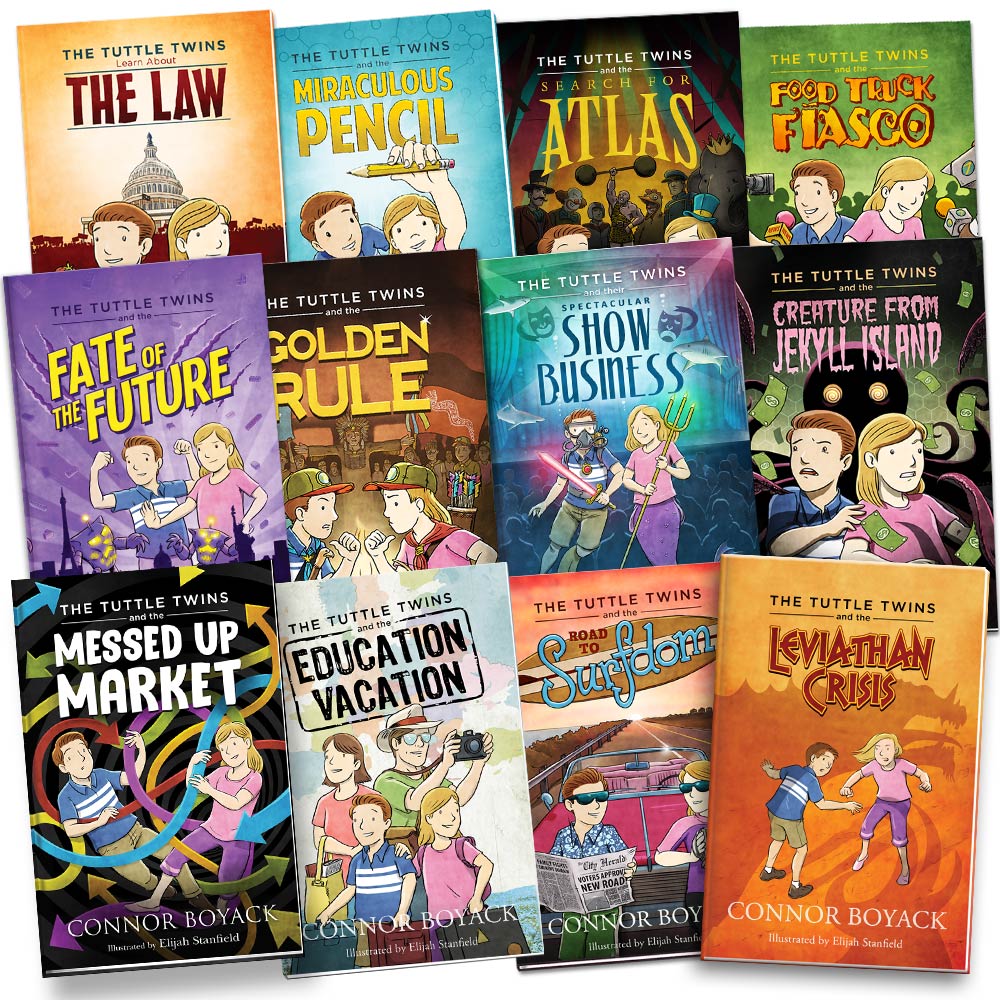Getting Started with Homeschooling
Public School vs. Homeschool
Either you've tried public school in the past and found that it wasn't a good fit for your child, or you've planned to homeschool from the beginning. Every family has their own reasons they choose homeschool over public school. Whatever your reasoning, you're here and ready to begin.How Do Your Children Learn?
Every child learns differently and needs different opportunities and avenues provided to them so they can reach their full potential. Do your children enjoy filling out workbooks or do they learn more from nature walk and building legos? The range of learning styles in the homeschool community varies greatly. From a traditional style of education to unschooling, every homeschool family works like a separate unit, learning the way that works best for them.Only you know what works best for your family. Watch how your child learns best to see what kind of learning style would work for him. If he's wiggly, then perhaps a more kinesthetic approach would be better. If he works better visually, then a program that has lots of colors and interesting visuals would be better. If language and music, then an auditory program. Most children are a mix of the three, but one usually stands out as the primary mode for learning.
Main types of learning styles:
Kinesthetic learners are at their best when they are active, moving, and can get their hands on their environment. They may have a hard time sitting still. Having them jump up and down, wiggle or sit on a ball may improve their memory and understanding.
Blocks, Legos, and games are some of the materials that may be useful for teaching in their environment. Nature walks and field trips are great tools for enhancing learning.
Blocks, Legos, and games are some of the materials that may be useful for teaching in their environment. Nature walks and field trips are great tools for enhancing learning.
If your child is drawn to books with colorful pictures, movies, maps, diagrams, and drawings, this may be the style that works best for them. A black and white math textbook full of page after page of numbers is going to make them lose interest quickly and cause frustration. Instead, a full color book with graphics and drawings is going to draw them in and be beneficial for their learning style.
These types of learners do well using colored pencils, crayons, and colorful paper, to write stories, take notes, and do their math work. Reading becomes easier when text is colorful and not cluttering the page. A video on Christopher Columbus will be more easily absorbed than listening to a story on cd.
These types of learners do well using colored pencils, crayons, and colorful paper, to write stories, take notes, and do their math work. Reading becomes easier when text is colorful and not cluttering the page. A video on Christopher Columbus will be more easily absorbed than listening to a story on cd.
A child who loves listening to stories, music and other spoken language or sounds would do well as an auditory learner. They pick up on oral directions quicker than a visual learner would. They are quick to memorize facts that are put to music.
These children would do well at learning a foreign language, listening to lectures and read-alouds, memorizing songs.
These children would do well at learning a foreign language, listening to lectures and read-alouds, memorizing songs.
Curriculum Choices
There is an abundance of material out there on every subject, but it's easier to narrow down a curriculum if you know how your child learns best and how you prefer to teach it.Here are a few of the different styles that homeschoolers follow:
This style is very similar to the public education system that works primarily from workbooks and textbooks. The information is all laid out and is standardized for testing and grading. The traditional style does not account for individual learning styles. Instead, it is teacher-directed study. The student is more passive in their education.
If you like Traditional style, try:
If you like Traditional style, try:
The Classical approach focuses on learning in stages, known as The Trivium. The first is the Grammar Stage, Elementary, where learning is primarily laying the foundation of basic language arts and math skills. The Dialectic Stage, Middle School, is when children begin to think more abstractly and independently. Language and thinking skills are focused upon in order to detect fallacies in an argument. By the Rhetoric Stage, High School, children should be able to both write and speak eloquently and persuasively. Children are taught to think for themselves instead of repeating what they have been taught. Latin is also emphasized.
If you like the Classical style, try:
If you like the Classical style, try:
Unit studies take a central theme and study all aspects of that theme. For example, if your child is into rockets then have him write a little story about blasting into space, count by 5's as you rocket your spaceship to Jupiter, then build an actual rocket and use baking soda/vinegar to set it off, watch videos on the Apollo series, and explore the stars. There are so many places you can go with it. All ages can learn together, instead of learning separate topics by grade level.
Unit studies typically are project-based and very hands-on. You dive into a topic to learn all about it before moving on. It's more of a natural way to learn. If you like the Unit Study style, try:
Unit studies typically are project-based and very hands-on. You dive into a topic to learn all about it before moving on. It's more of a natural way to learn. If you like the Unit Study style, try:
This style is based on a woman named Charlotte Mason who believed that children should be exposed to living books, rather than dry textbooks. Living books are real books that make great literature. Instead of writing prompts and leading questions to test comprehension, she introduced the idea of narration, where a section of text is read and the student summarizes back to the parent what it was about. This way, they are also working on improving their language skills. She also believed children should take part in nature walks and observe wildlife. The world is the classroom.
The Eclectic approach uses a mix of curriculum ideas. Lesson plans are pieced together from a variety of sources to make what works best for their family. Children in the same family can vary learning styles and sometimes what works for one child does not work for the other, so elements must be mixed and matched.
You don't have to do a set curriculum, some homeschool families just go to the library and open a book or begin the day with their child pulling out Legos and beginning a project. Find out what's interesting to your child and go. The child-led reading and projects will produce a child with a more vested interest in their learning. They will be excited to learn, following their own desires and interests.
If you like Unschooling, try:
If you like Unschooling, try:
Support Groups
Having support along your homeschool journey can feel like someone is lifting a weight off your back. Whether you just need to know someone is going through the same things you are or need some information on classes and freebies, joining a support group can be the brace you are looking for.Some are just email lists that you join and ask questions and read other peoples questions and answers, while others offer classes taught by the parents. Many have once a week park days to get kids together and meet others and play together.
Learn more about homeschool Support Groups along the Colorado Front Range.
Classes & Camps
Classes and camps are usually run by businesses within the community. They provide a service to teach kids, homeschooling or not, about everything from animals, plants, art, and music to history, technology, foreign language, life skills, or engineering. Most of these businesses will charge for classes as they are trying to run a business, but the wealth of information they provide can be long-lasting. There are also several locations along the Colorado Front Range for children to attend college early, for free!Learn more about Classes & Camps.
Extracurriculars
According to Colorado Law, "Children participating in a nonpublic, home-based education program are allowed equal access to the public schools’ extracurricular and interscholastic activities." Which means that any clubs, activities, programs, athletics, or competitions that public schoolers are involved in, homeschoolers can be involved in as well.Learn more about Extracurriculars.
Field Trips
What homeschooler doesn't love field trips? It gets you away from the curriculum for a day, gives mom a break, and you learn something valuable in the interim. Field trips can be to local businesses, but don't forget about government facilities. Most of the time, a business will be willing to offer a field trip to their facility, even if it's not listed on their website. All you have to do is ask.Learn more about Field Trips.
Enrichment Programs
Enrichment programs can be run by the public school system, private schools or independent businesses. They are usually once-a-week programs for kids to join in classes with other homeschoolers. Usually the classes offered are ones that are hard to do in a one-on-one environment at home and need a larger group or classes that you may have difficulty teaching. Classes such as choir, band, P.E., foreign language, and performing arts are just some of the classes offered that will help to enrich your child's learning.It's also more than classes, programs like 4-H get children involved with raising and showing livestock, photography, and rocketry, while other programs encourage creativity and design by providing makerspaces for young Makers.
Learn more about Enrichment Programs.
Family Time
Mom, dad, kids, we all need a break sometimes. Find something fun to do together, to reconnect and enjoy a day spent together. There is so much to do here in Colorado that you may have a hard time staying home. Find one that interests you and enjoy your time together!Learn more about Family Favorites.





